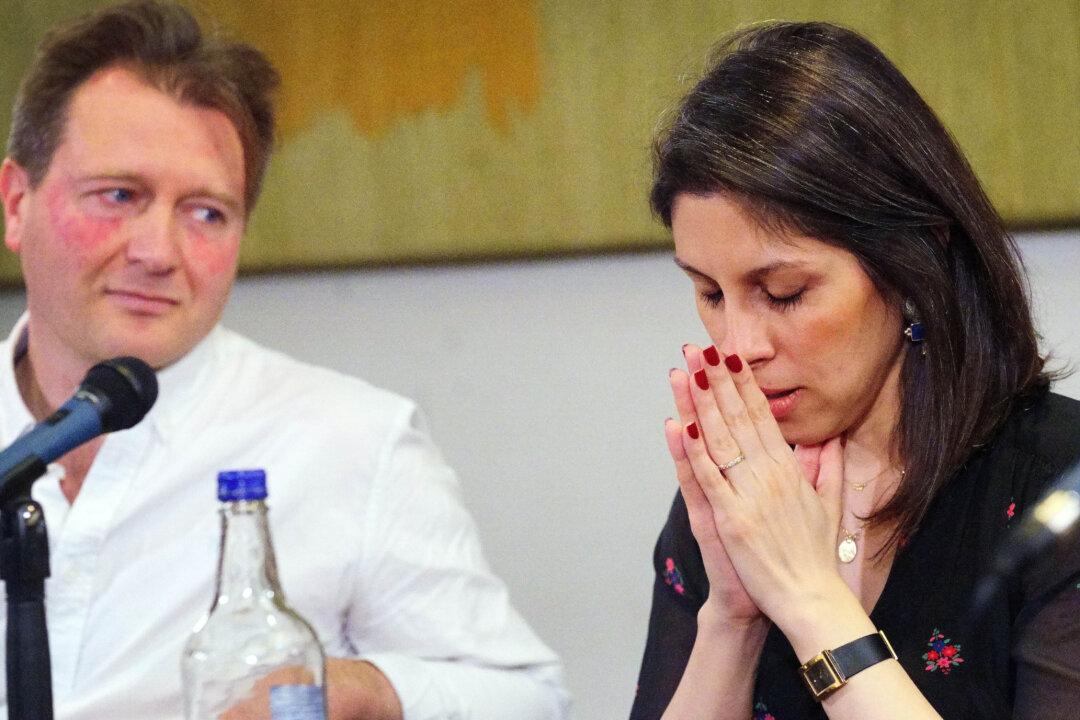The former British Foreign Secretary Philip Hammond has told a committee of MPs that Iran’s Revolutionary Guards often used their control of detainees like Nazanin Zaghari-Ratcliffe as a “tool” to prevent compromises they opposed.
Zaghari-Ratcliffe, 43, who had dual British and Iranian nationality, and who returned to the UK in March after spending six years in detention in Iran, revealed on Monday she had been forced to sign a “false confession” in front of a UK government official before she was allowed to leave Iran.





